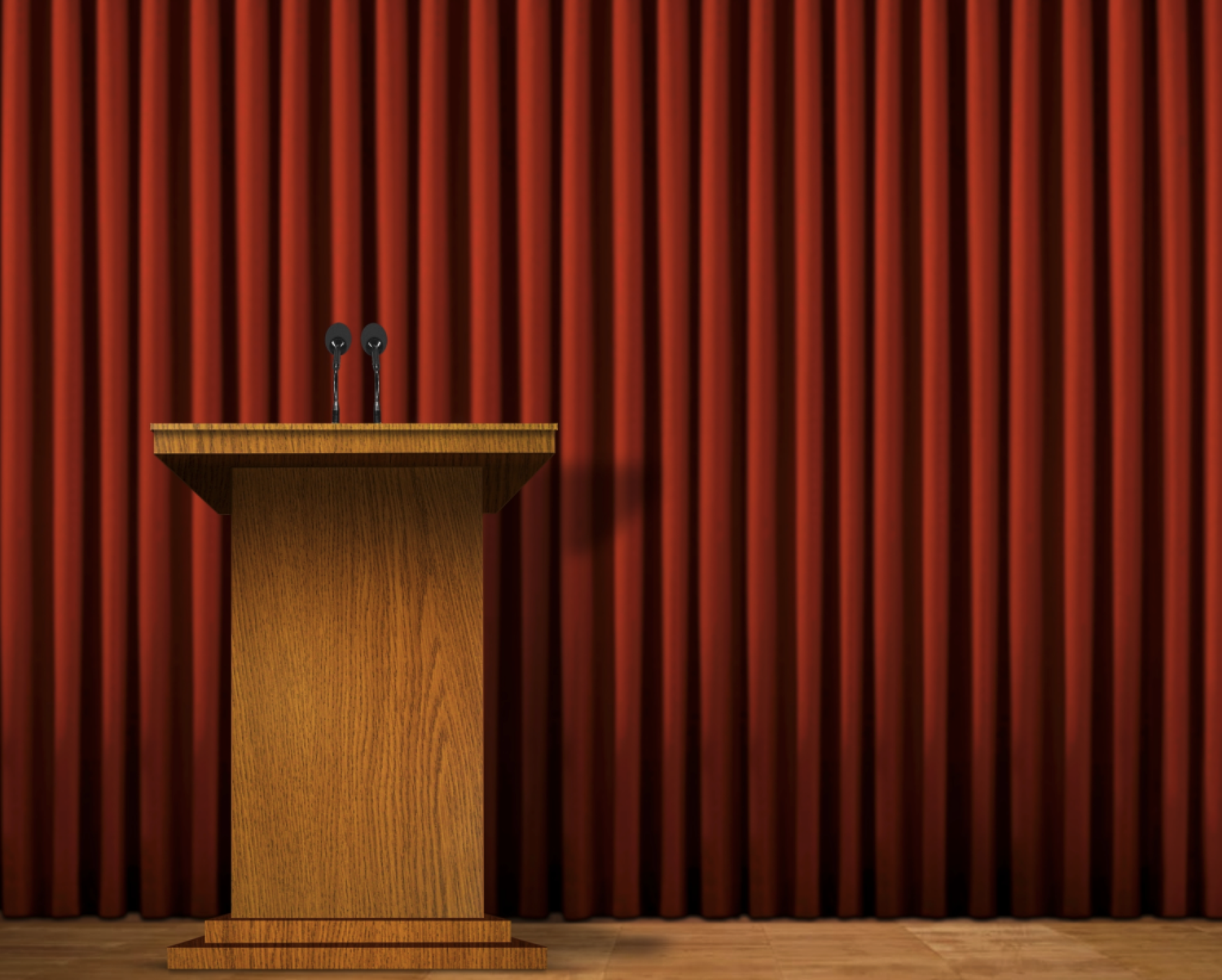The U.S. Secret Service spotted the hunter's stand high in a tree near Palm Beach International Airport.
It's possible that it could be used to shoot invasive wildlife. Then again, this potential sniper's nest had a clear sightline to the departure stairs for Air Force One, when parked in its usual slot when President Donald Trump returns to Mar-a-Lago.
Obviously, Trump knows he has enemies who want to help him spend eternity in real estate infinitely hotter than South Florida.
"I'm not supposed to be here tonight," he told the Republican National Convention, days after an assassin just missed his head. When the crowd shouted, "Yes you are!", Trump responded, "I thank you, but I'm not, and I'll tell you, I stand before you in this arena only by the grace of Almighty God."
The president believes God saved his life for a purpose. That's interesting, considering his history of remarks doubting whether he is worthy of heaven.
During Trump's recent journey to Israel, a Fox News reporter asked if the Gaza ceasefire effort might open heaven's gates.
"I'm being a little cute. I don't think there's anything going to get me in heaven," said Trump. "I think I'm not maybe heaven bound. ... I'm not sure I'm going to be able to make heaven, but I've made life a lot better for a lot of people."
That question was linked to his August remarks about ending the bloodshed in Ukraine.
"If I can save seven thousand people a week from getting killed, that's pretty good," Trump said. "I want to get to heaven if possible. I'm hearing I'm not doing well. I hear I'm at the bottom of the totem pole. If I can get to heaven, this will be one of the reasons."










